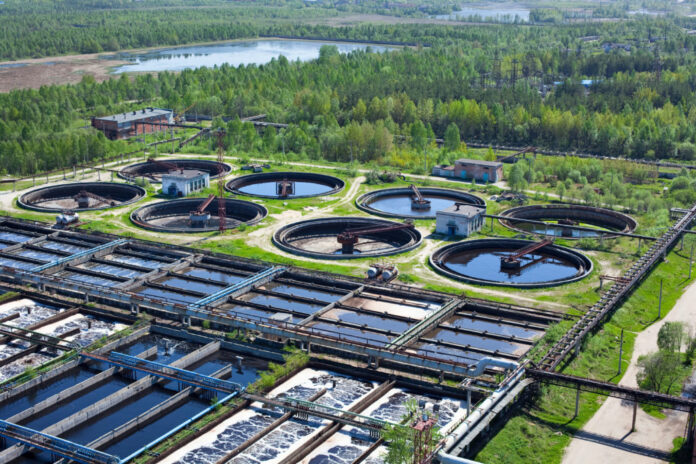By the end of 2024, cumulative investments in Morocco’s liquid sanitation sector reached 48.58 billion dirhams. Of that total, 25.33 billion dirhams have already been spent, with an additional 23.25 billion currently committed to ongoing projects.
The government has played a central role in financing this effort, largely through the National Fund for Liquid Sanitation and Wastewater Treatment, which has contributed 17.67 billion dirhams—11.67 billion of which has already been allocated. On top of this, revenue from value-added tax earmarked for local governments added another 3.1 billion dirhams, with 2.2 billion already disbursed.
In urban areas, 223 cities and towns now have functioning sanitation networks and treatment plants, serving approximately 21 million people. Construction is currently underway in 72 more localities, aiming to expand coverage to an additional 1.25 million residents. Looking ahead, the national plan for 2025 to 2034 includes 90 more urban centers scheduled for inclusion.
Rural areas have also seen progress. As of now, 43 rural centers are equipped with sanitation systems, reaching around 105,000 inhabitants. Work has begun in another 170 rural communities, designed to meet the needs of nearly 442,000 people.
On the environmental front, Morocco is significantly advancing the reuse of treated wastewater. In 2024, an estimated 53 million cubic meters of reclaimed water were used—primarily for irrigating golf courses and green spaces in 16 municipalities, as well as in six industrial projects.
Looking to the next decade, a new nationwide program is being launched with a projected budget of 56 billion dirhams. It includes the continuation of 389 existing projects and the rollout of 694 new initiatives focused on expanding sanitation infrastructure and enhancing wastewater reuse.
Since 2006, Morocco’s sanitation sector has undergone major transformation, with marked improvements in service delivery, equipment upgrades, network expansion, and the construction of treatment and reuse facilities—laying the groundwork for a more sustainable and inclusive future.





